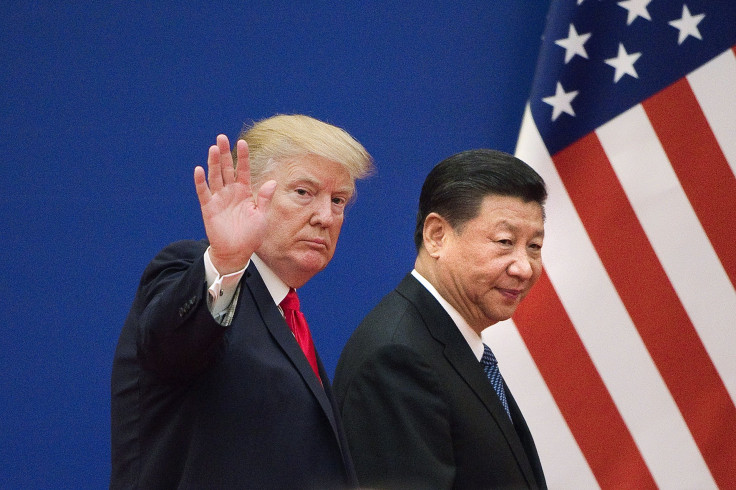US-China Relations: Tariffs ‘Are Very Powerful’ Trump Says, As They Rise From 10% To 25% In Trade War

The United States on Friday sharply escalated a trade war with China, with tariffs expected to deeply impact American consumers and the economy.
An American family of four will likely face an increased annual cost of more than $700 after President Trump pushed through higher tariffs on Chinese goods, NBC News noted.
“I happen to think the tariffs for our country are very powerful,” President Trump said in a news conference.
Trump feels the rise in tariffs on $200 billion of Chinese goods from 10% to 25% will provide the U.S. a stronger negotiation position with China going forward.
The rise in tariffs will affect as many as 6,000 imported goods, including smartphones, soap, sneakers, even some food items, like fruit, nuts and fish, NBC News reported.
While the president characterizes tariffs as an increased cost to China, that increase ultimately is passed on to the American consumer.
China already has indicated it will retaliate, escalating a trade feud with the U.S. that has lasted several months.
Despite American and Chinese negotiators at the bargaining table as late as Friday, the increase went forward, rattling financial markets across the globe. America’s position is that Beijing has reneged on earlier agreements, the Associated Press reported.
Trump took to Twitter to say negotiations were continuing in a congenial manner, although he saw no reason for a need to rush to settlement. He argued that revenue from the increased tariffs goes straight to the U.S. Treasury, presumably reducing debt and making the nation more solvent.
I think that China felt they were being beaten so badly in the recent negotiation that they may as well wait around for the next election, 2020, to see if they could get lucky & have a Democrat win - in which case they would continue to rip-off the USA for $500 Billion a year....
— Donald J. Trump (@realDonaldTrump) May 11, 2019
....The only problem is that they know I am going to win (best economy & employment numbers in U.S. history, & much more), and the deal will become far worse for them if it has to be negotiated in my second term. Would be wise for them to act now, but love collecting BIG TARIFFS!
— Donald J. Trump (@realDonaldTrump) May 11, 2019
China’s Commerce Ministry released a less favorable statement: “China deeply regrets that it will have to take necessary countermeasures.”
Earlier rises in tariffs on $110 billion worth of goods also have been retaliated against. The biggest problem is the U.S.-China trade imbalance, so regulators are running out of other ways to penalize China.
The higher import taxes affect Chinese goods shipped on or after Friday. Goods arriving by sea take about three weeks to arrive from Asia. In that time, negotiators may find other ways to deal with what may be an impending global financial crisis based on Chinese-U.S. trade relations.
© Copyright IBTimes 2025. All rights reserved.



















